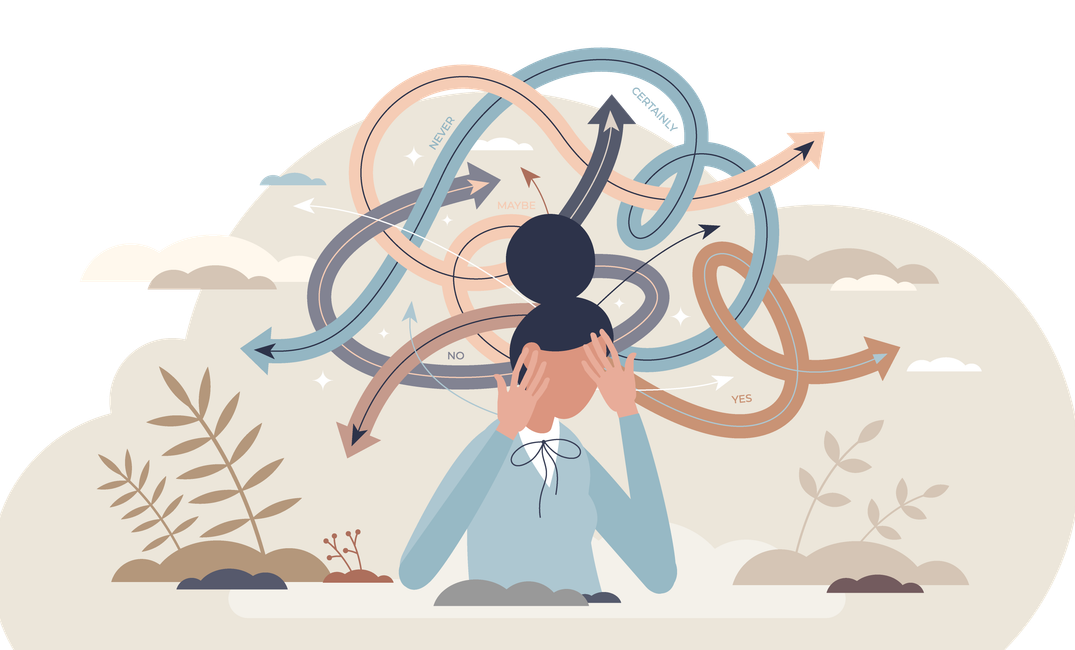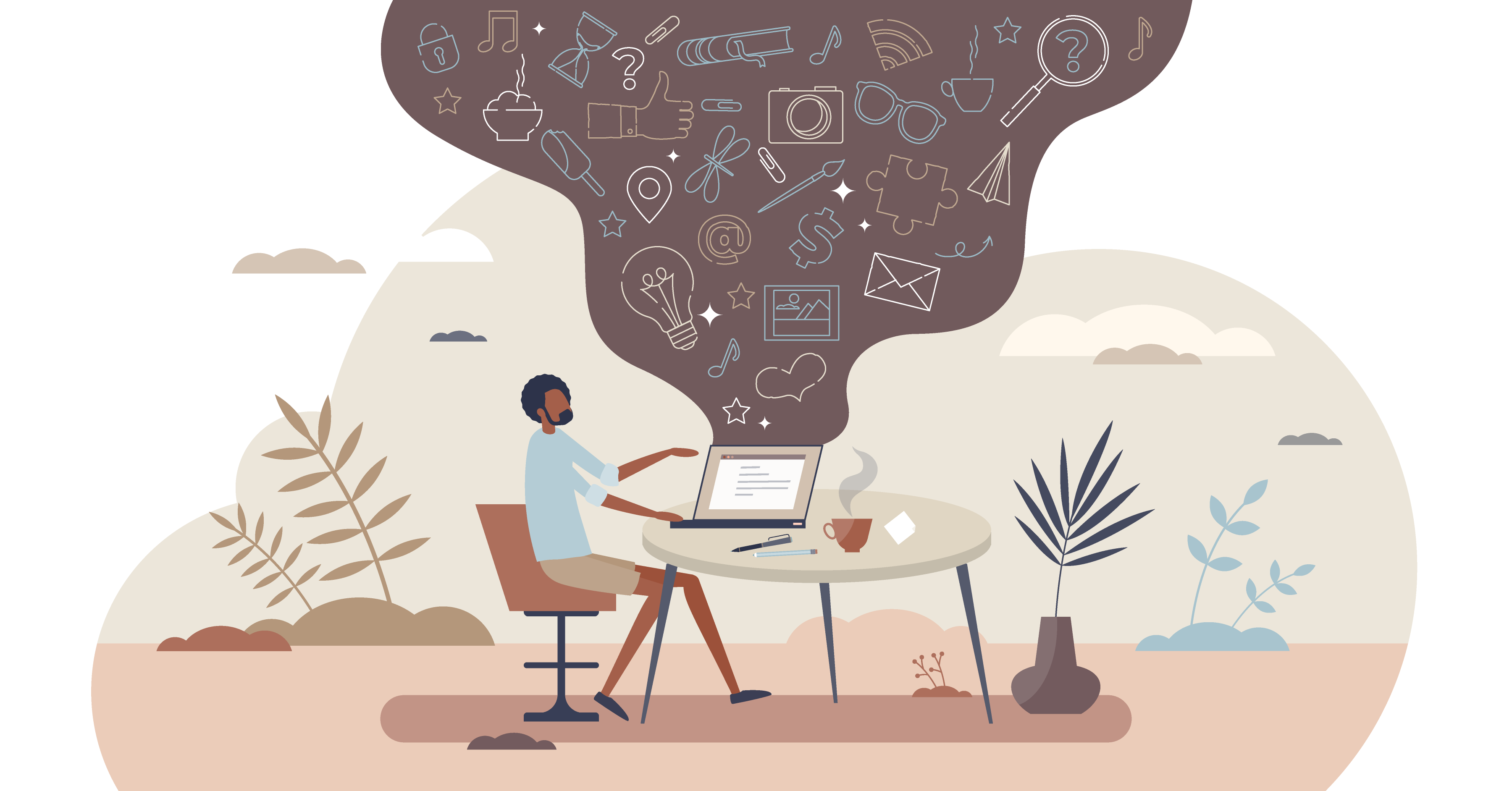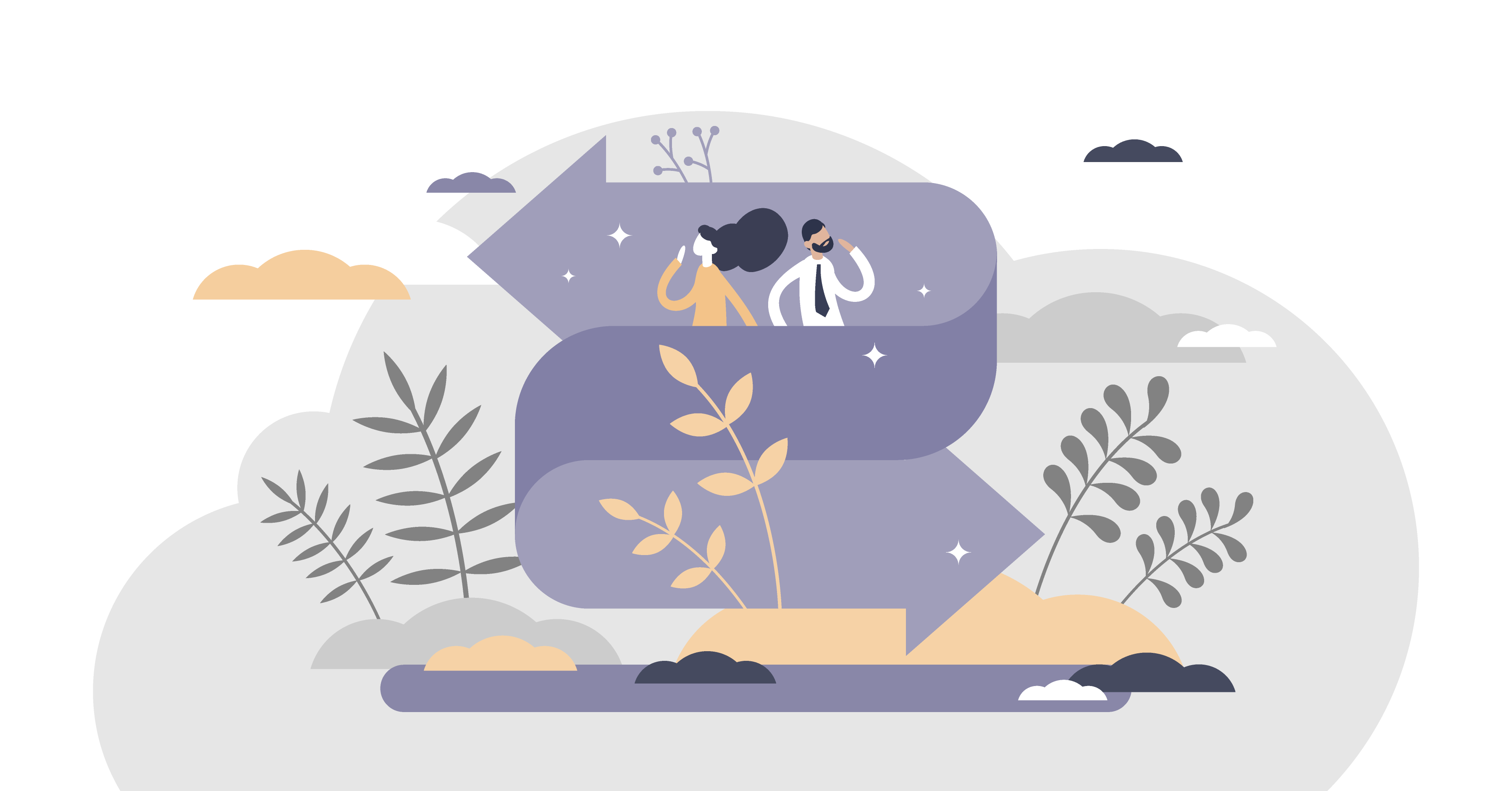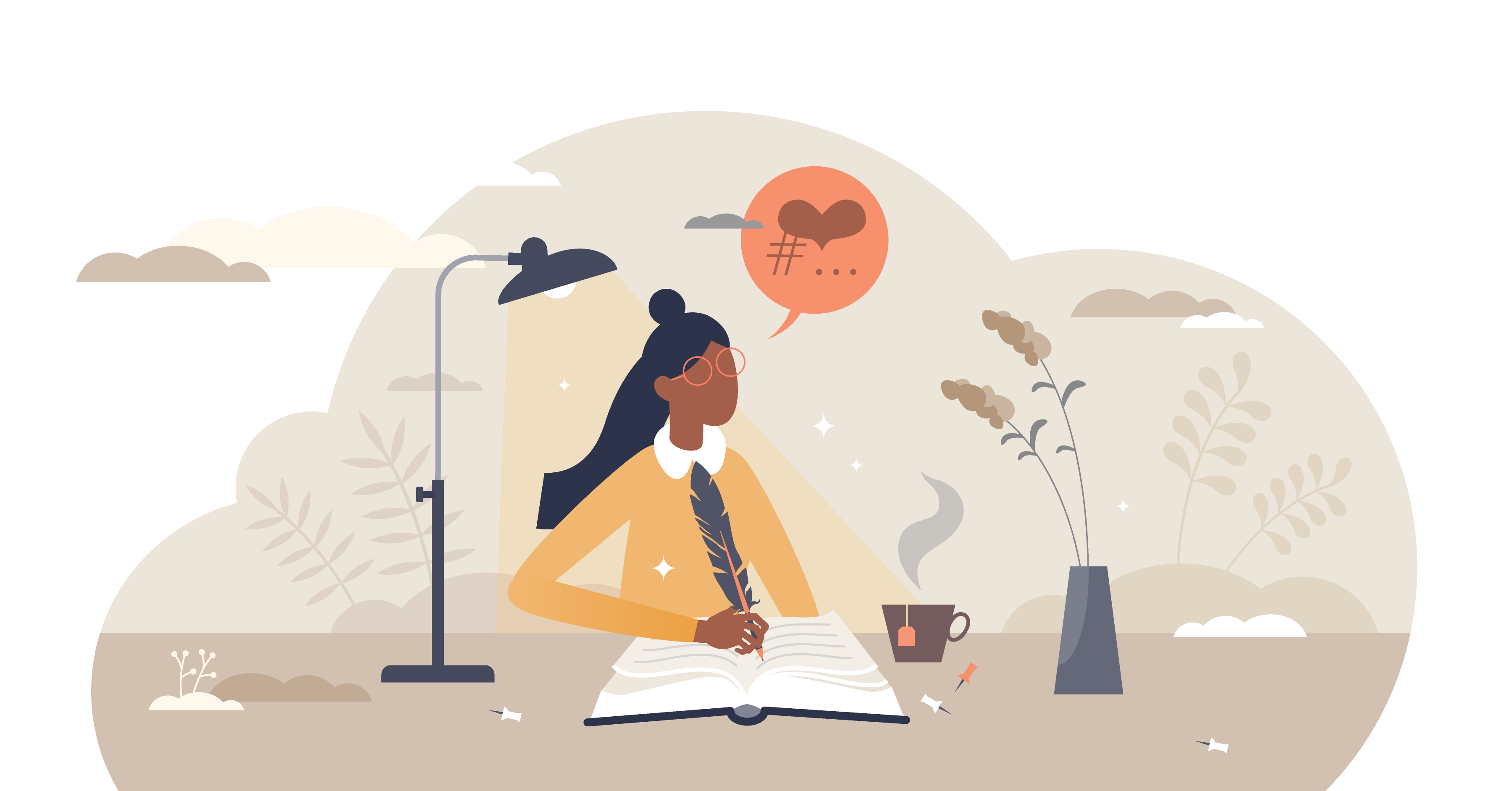Table of Contents
In a recent post Ellan W talked about minimising plugin use in Obsidian. I totally hear her. I replied agreeing and that I try to minimise and optimise my own use of plugins.
To which she responded with a fantastic question; just what did I mean by ‘optimised’. Feeling that I had opened a can of worms, I realised it warranted more explanation than I could bear to write in a comment response.
Therefore I would like to present to you the curious case of the Olympus Mju Mini digital camera. It was a digital camera that was nothing special in terms of features or quality, but it holds a special and very important teaching in my heart; that optimising and innovating with the tool you limit yourself to is better than seeking another one with all the bells and whistles.
The camera which has a special place in my heart and started it all
To set the story we are going to have to wind back time about 18 years to when I was an undergraduate ecology student. With some friends I started a photography club. Rather endearingly that photography club still exists today which is perhaps a testament to how much we have all come to have access to imagery and cameras through our mobile phones.
None of us were great photographers but we shared a common passion for heading out to local places, taking pictures and generally having a great time. Those were the days!
We had a plethora of equipment from film to the latest digital cameras. It was the time of the great film to digital tradition as half-decent quality digital cameras became affordable.
I started university with a Nikon F65 film SLR courtesy of my 18th birthday. But it wasn’t long before I wanted to be able to explore the all-new-shiny-world of digital, my eyes widening as I saw what my friends were doing with this new method of image capture.
Cue my purchase of a second hand Olympus Mju Mini 4.0mp camera. It was my first digital camera. As a student I couldn’t afford anything fancy.
But once I had it, unlike my bulky Nikon, I took it everywhere with me.

Restriction builds innovation
This new digital camera didn’t have anywhere near the capabilities of my SLR, yet as a tool for image capture, it was the limitations along with repetition which ultimately improved my photography beyond compare:
- By taking it everywhere, I was able to capture pictures I couldn’t before; I took more photographs.
- The maximum exposure length was 2 seconds but I still tried my damn-dest to do long exposure light trails with cars.
- The image quality was pretty terrible but I still won competitions.
- It could only zoom 35–70mm, but I could still take pictures of things far away; they were just very small… so I focused on the bigger picture.
- It was actually better at macro photography, I just couldn’t control where it focused. I then started to learn the limitations and opportunities afforded to me by autofocus.
- It couldn’t take lens filters, but it’s amazing what you can do with some sun glasses or Quality Street Wrappers.
At that point in time, I wasn’t limited by the equipment, I was only limited by my imagination.
In the end, I lost the camera whilst doing conservation work; as I said, I took it everywhere. It’s probably under a Rhododendron somewhere, consigned to fossilisation. Who knows what images it has left on it? But they will tell a rich story of my life at the time. Because I made the most of what I had.
The camera was a stepping stone for my future
It might seem sensationalist to say, but the experience with my Olympus digital camera was a solid stepping stone for the rest of my life.
I eventually met my husband through the photography society and we went on to do semi-professional photography together for a good few years. We covered events and quite a few weddings, getting paid in the process. It was only at that point that a better camera was warranted.
Don’t blame your tools for your own lack of skills
Now the moral of the story could have been, that despite the all new shiny digital environment, I stuck with my good old film SLR. I didn’t. I saw the value digital could bring, but it was only actually by pushing the boundaries of what the camera could do, that I grew as a photographer.
Because of that experience, I’ve always been a strong advocate of not needing a fancy camera to take a great picture. Ask any professional photographer and they will tell you the same. I love watching how amateur photographers squirm at this idea.
Nowadays, most mobile phone cameras dwarf the capabilities of my little Mju Mini, so it really annoys me when people blame their phone as a reason for bad pictures. I’m sorry to say, and it’s harsh, but it’s your lack of skills, not your equipment.
With this upgrade in quality and bells and whistles, there has come an increasing expectation that the tool should do the work for us. As such there has come a decrease in creativity and an increase in blaming our tools for our own short comings.
OK, but weren’t we talking about apps?
So my suggestion is this; focus on what you want to achieve, not the app or plugin in which you use to achieve it. Optimise what you have and just because the tool doesn’t do it specifically, there’s usually a creative way in which it can be done.
It’s OK being tempted by shiny plugins, but now I ask myself three questions before installing a new plugin or app:
- What is it I am really trying to do here?
- Am I getting the most out of what I have already?
- Is my lack of skill or creativity the thing I’m trying to compensate for?
The same questions apply for many aspects of life. If you want to write better, then write more and write in ways that force you to innovate, not the tool to do the innovating for you. By being constricted with our tools we are forced to innovate, be creative and push the boundaries. And do it again and again. That is when we grow.
I’ve since had other digital cameras and none have gotten close to my experience with that camera.
So Ellane, that’s what I meant by optimisation!! I hope this has answered your question.
If you’re interested in this type of thinking and the best out of your tools, give Ellane W a follow. She is full of inspiring advice.







Comments